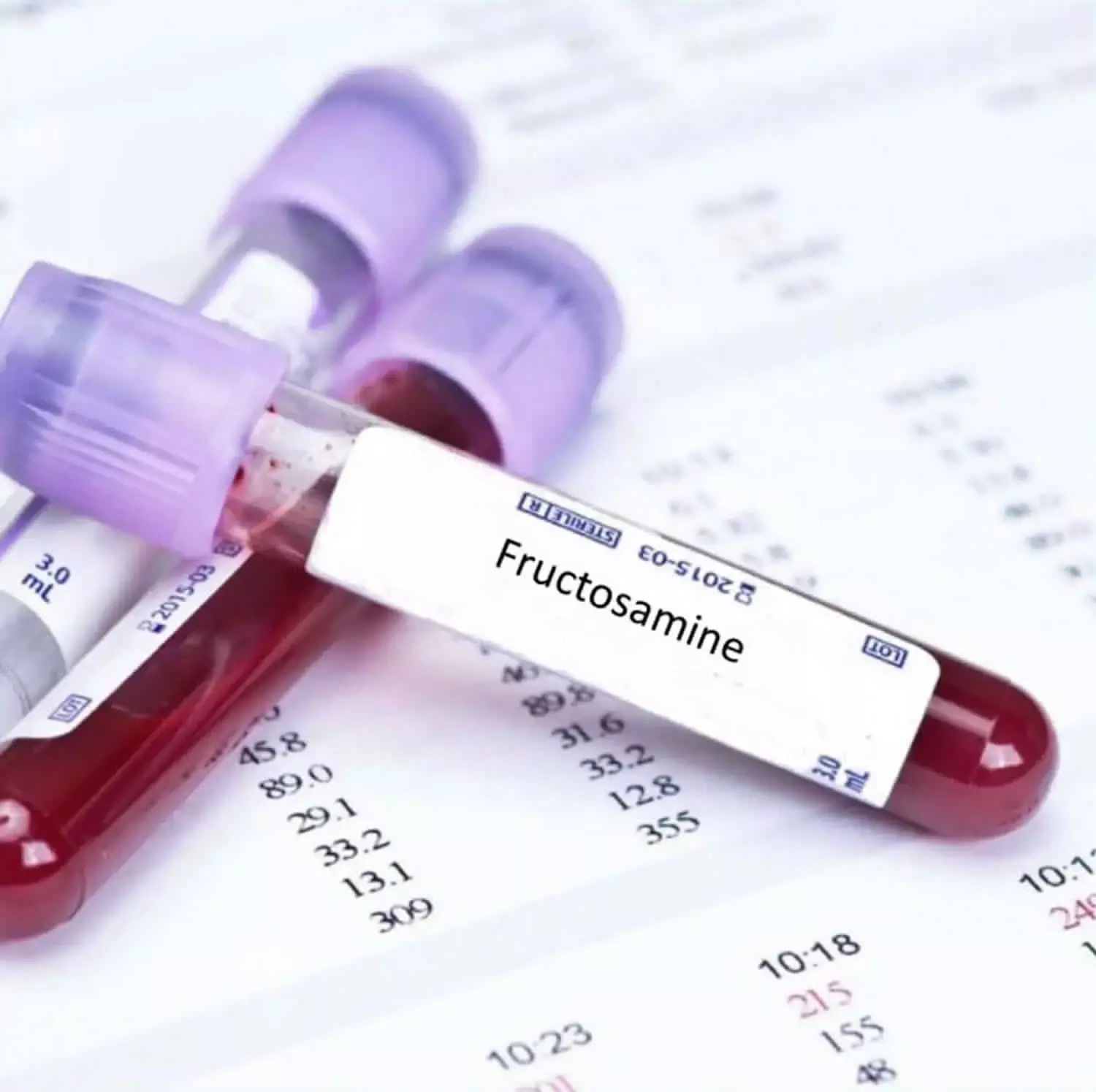- Home
- Medical news & Guidelines
- Anesthesiology
- Cardiology and CTVS
- Critical Care
- Dentistry
- Dermatology
- Diabetes and Endocrinology
- ENT
- Gastroenterology
- Medicine
- Nephrology
- Neurology
- Obstretics-Gynaecology
- Oncology
- Ophthalmology
- Orthopaedics
- Pediatrics-Neonatology
- Psychiatry
- Pulmonology
- Radiology
- Surgery
- Urology
- Laboratory Medicine
- Diet
- Nursing
- Paramedical
- Physiotherapy
- Health news
- Fact Check
- Bone Health Fact Check
- Brain Health Fact Check
- Cancer Related Fact Check
- Child Care Fact Check
- Dental and oral health fact check
- Diabetes and metabolic health fact check
- Diet and Nutrition Fact Check
- Eye and ENT Care Fact Check
- Fitness fact check
- Gut health fact check
- Heart health fact check
- Kidney health fact check
- Medical education fact check
- Men's health fact check
- Respiratory fact check
- Skin and hair care fact check
- Vaccine and Immunization fact check
- Women's health fact check
- AYUSH
- State News
- Andaman and Nicobar Islands
- Andhra Pradesh
- Arunachal Pradesh
- Assam
- Bihar
- Chandigarh
- Chattisgarh
- Dadra and Nagar Haveli
- Daman and Diu
- Delhi
- Goa
- Gujarat
- Haryana
- Himachal Pradesh
- Jammu & Kashmir
- Jharkhand
- Karnataka
- Kerala
- Ladakh
- Lakshadweep
- Madhya Pradesh
- Maharashtra
- Manipur
- Meghalaya
- Mizoram
- Nagaland
- Odisha
- Puducherry
- Punjab
- Rajasthan
- Sikkim
- Tamil Nadu
- Telangana
- Tripura
- Uttar Pradesh
- Uttrakhand
- West Bengal
- Medical Education
- Industry
Fructosamine not a reliable Test for Detection of Hyperglycemia

Fructosamine is not a reliable Test for the Detection of Hyperglycemia suggests a new study published in the Diabetes, Metabolic Syndrome and Obesity.
A study was done to improve detection of abnormal glucose tolerance (Abnl-GT), attention has moved beyond the oral glucose tolerance test (OGTT), to non-fasting markers of glycemia, specifically, HbA1c, fructosamine (FA) and glycated albumin (GA). Emerging data suggest that in African descent populations, the combination of HbA1c and GA is superior to the combination of HbA1c and FA. However, the diagnosis of Abnl-GT is usually based on tests which are performed only once. As reproducibility of Abnl-GT diagnosis by HbA1c, fructosamine (FA) and glycated albumin (GA) is unknown, reproducibility of Abnl-GT diagnosis by HbA1c, FA and GA were assessed in 209 African-born Blacks living in America.
At Visits 1 and 2 (9 ± 4 days apart), samples were obtained for HbA1c, FA and GA levels. Glucose tolerance status was determined at Visit 1 by OGTT. Reproducibility was based on the К-statistic and paired t-tests. Thresholds for the diagnosis of Abnl-GT by FA and GA which corresponded to an HbA1c of 5.7% were 235umol/L and 14.6%, respectively.
Results
Abnl-GT occurred in 38% (80/209). Diagnostic reproducibility was excellent for HbA1c (К≥0.86) and GA (К≥0.89), but only moderate for FA (К=0.59). Neither HbA1c nor GA levels varied between visits (both P≥0.3). In contrast, FA was significantly lower at Visit 2 than Visit 1(P<0.01).
As HbA1c and GA provided similar diagnostic results on different days and FA did not, HbA1C and GA are superior to FA in both clinical care settings and epidemiologic studies.
Reference:
Gatete JD, Worthy CC, Jagannathan R, DuBose CW, Sacks DB, Sumner AE. Fructosamine is Not a Reliable Test for the Detection of Hyperglycemia: Insight from the Africans in America Study. Diabetes Metab Syndr Obes. 2023 Sep 5;16:2689-2693. doi: 10.2147/DMSO.S426406. PMID: 37693326; PMCID: PMC10492550.
Keywords:
Fructosamine, reliable, Test, Detection, Hyperglycemia, Gatete JD, Worthy CC, Jagannathan R, DuBose CW, Sacks DB, Sumner AE, Diabetes, Metabolic Syndrome and Obesity, sensitivity, kappa-statistic, average glycemia, non-fasting glycemic markers
Dr. Shravani Dali has completed her BDS from Pravara institute of medical sciences, loni. Following which she extensively worked in the healthcare sector for 2+ years. She has been actively involved in writing blogs in field of health and wellness. Currently she is pursuing her Masters of public health-health administration from Tata institute of social sciences. She can be contacted at editorial@medicaldialogues.in.
Dr Kamal Kant Kohli-MBBS, DTCD- a chest specialist with more than 30 years of practice and a flair for writing clinical articles, Dr Kamal Kant Kohli joined Medical Dialogues as a Chief Editor of Medical News. Besides writing articles, as an editor, he proofreads and verifies all the medical content published on Medical Dialogues including those coming from journals, studies,medical conferences,guidelines etc. Email: drkohli@medicaldialogues.in. Contact no. 011-43720751


